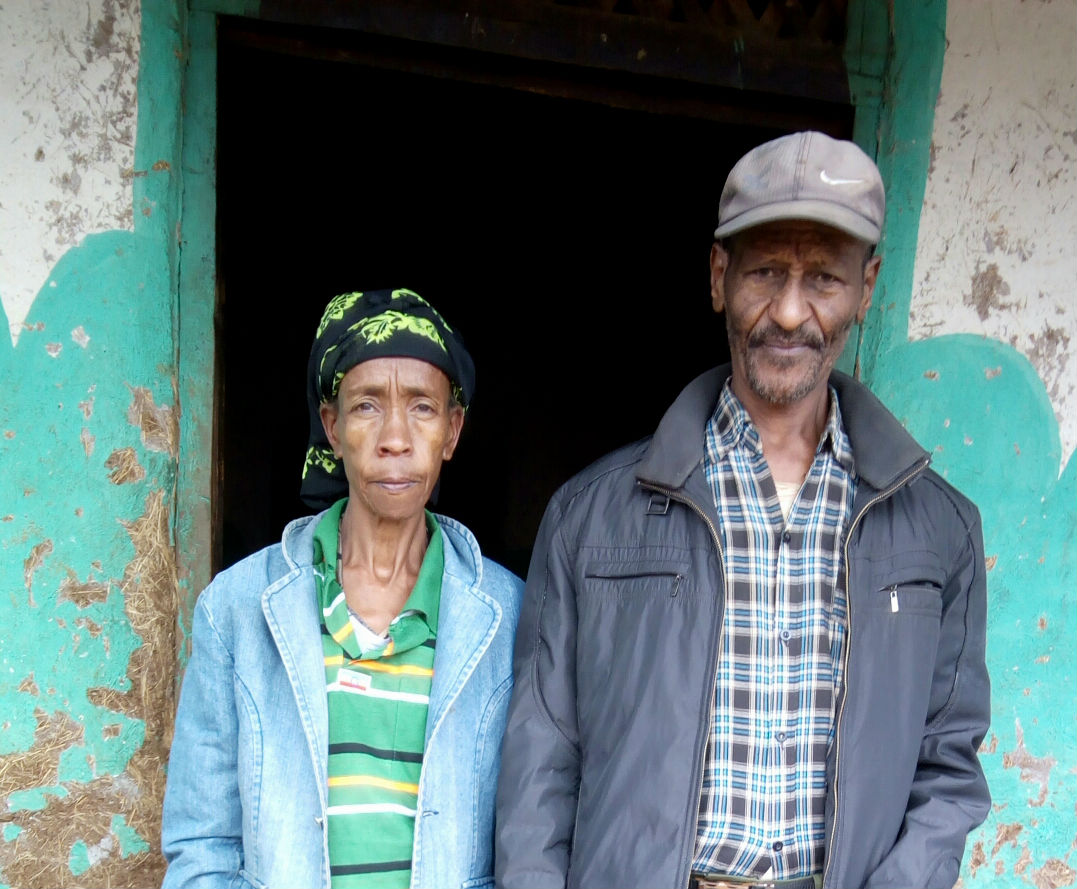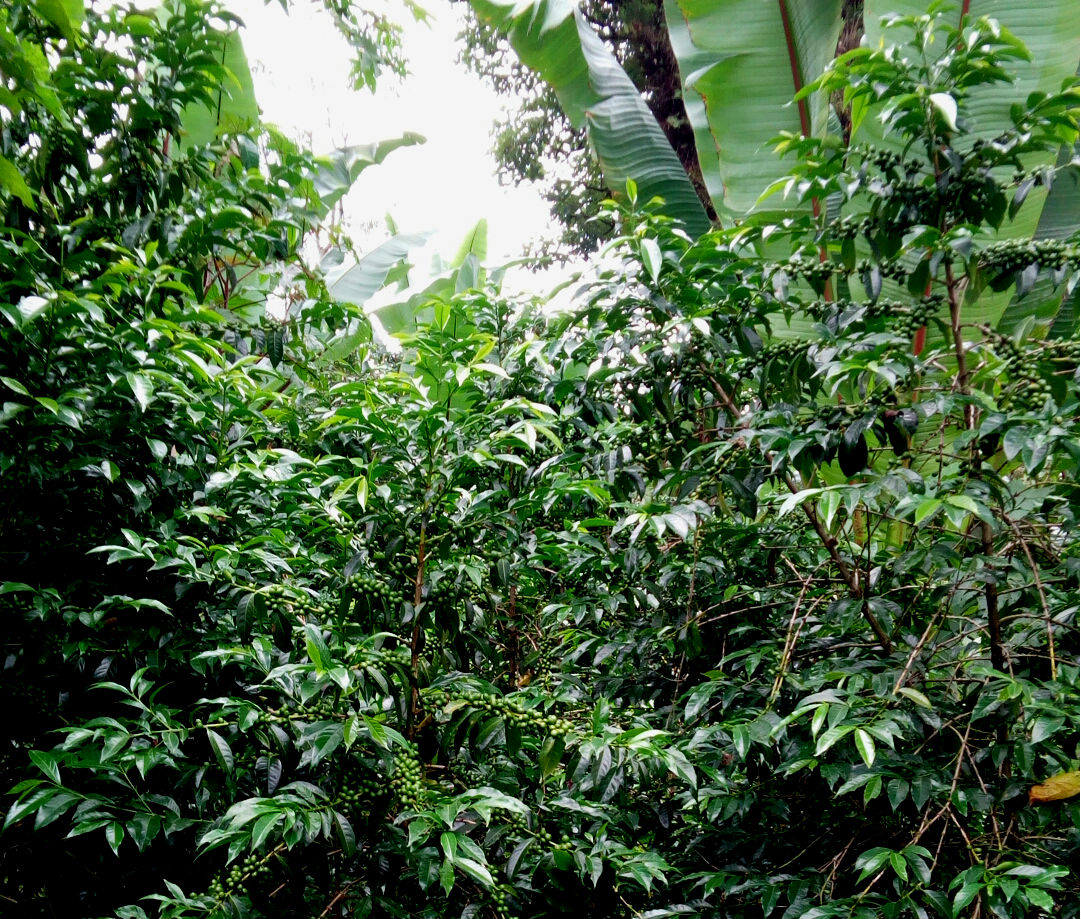ETHIOPIA YIRGACHEFFE 1 WASHED ORGANIC DESTA GOLO GRAINPRO
Bags 0
Warehouses Oakland
Out of stock
About this coffee
Grower
Desta Gola | Adame Garbota Cooperative
Altitude
1650 – 2700 masl
Variety
Indigenous heirloom varieties
Soil
Vertisol
Region
Gorbota micro-region, Dodora kebele, Wonago woreda, Gedeo Zone, Southern Nations, Nationalities, and People's Region, Ethiopia
Process
Fully washed after pulping and fermenting, then soaked overnight and dried in the sun on raised beds
Harvest
October - December
Certification
Organic
Coffee Background
The creation of the Ethiopian Commodity Exchange (ECX) in 2008 significantly limited full traceability back to specific farmers. In response, Royal established the Single Farmer Lots Program to separate single farmer lots from the larger cooperative blends sold through the ECX. Annual farm visits from Royal CEO Max Nicholas-Fulmer and regular communication with farmers through Haile Andualem, Royal’s representative on the ground in Ethiopia, has been an essential component for ensuring that farmers and washing stations are following strict farm management and post-harvest protocols. The results have been increasing cup quality and higher returns for the individual producers that Royal has come to count on for great coffee year after year. Returning to Royal with another amazing harvest, Desta Gola cultivated this single farmer lot on his 10-acre farm near the town of Gorbota located in the heart of the coveted Gedeo grow Zone. Desta has been cultivating coffee since 2013 and with the help of the single lot program he has been able to sell his coffee as a micro-lot in recent years. Coffee is Desta’s main source of income to support his wife and their nine children (6 girls and 3 boys). Ripe cherries for this washed processed coffee were taken to the Adame Garbota Cooperative where Desta is a member. At the cooperative the cherries are carefully hand sorted and floated to remove less dense coffee beans, then depulped, fermented for 48 hours, and washed and classified again in channels. The parchment is placed on raised beds where it is hand sorted again and dried over a period of 12 to 15 days. The parchment is often covered during the afternoons to prevent harsh drying in the intense sun. When the coffee reaches 11 percent moisture content, it is transported to Addis Ababa, the capital of Ethiopia, to be milled and prepared for export.




